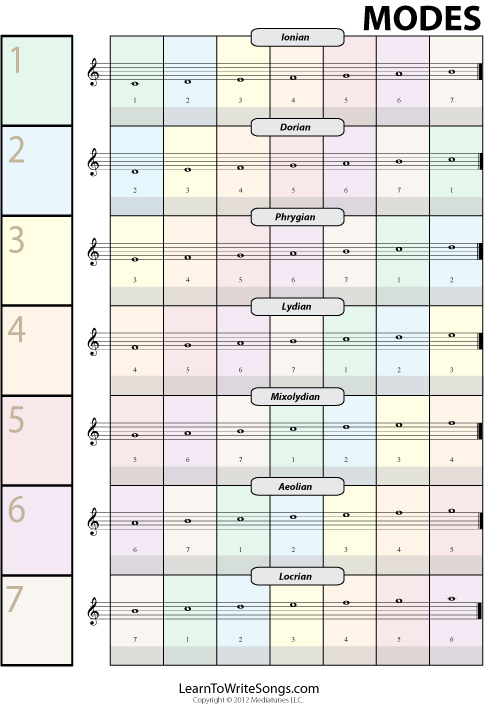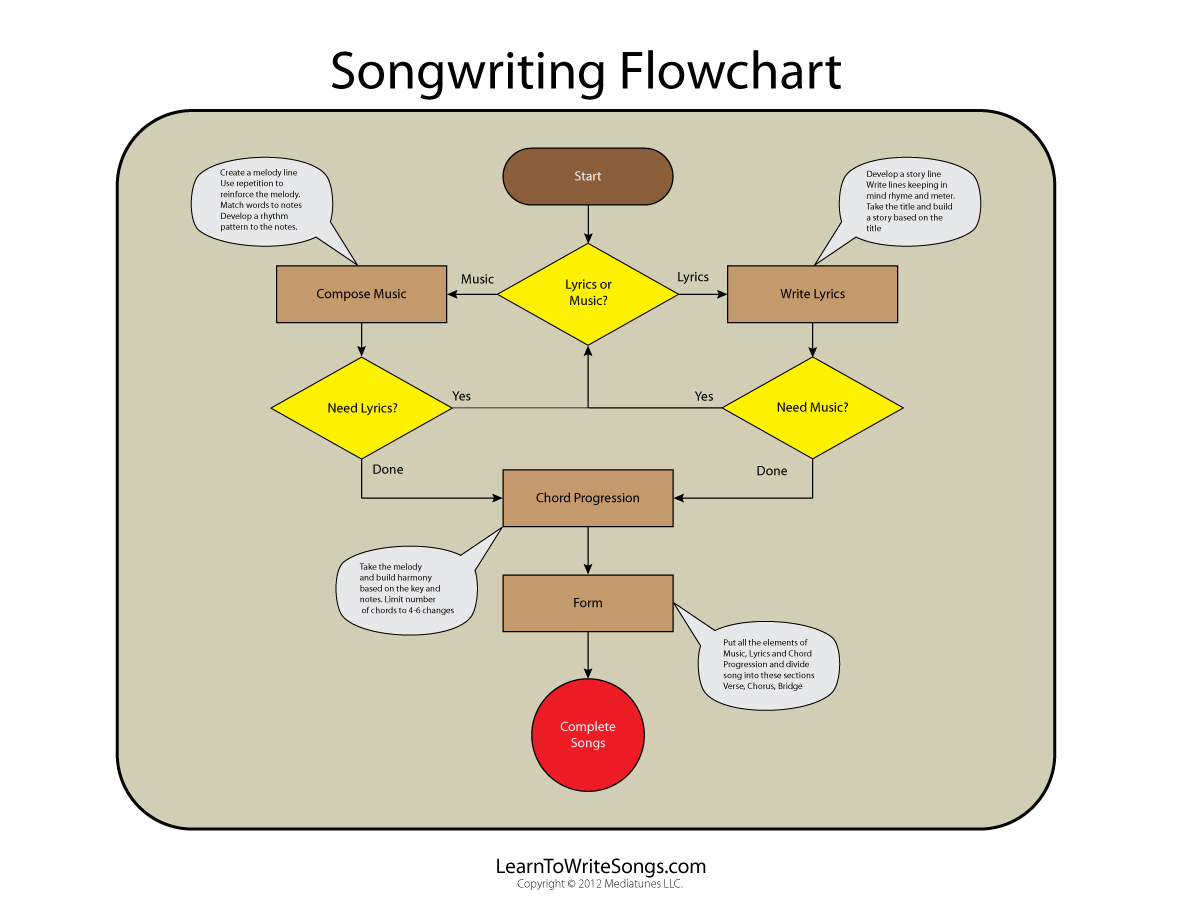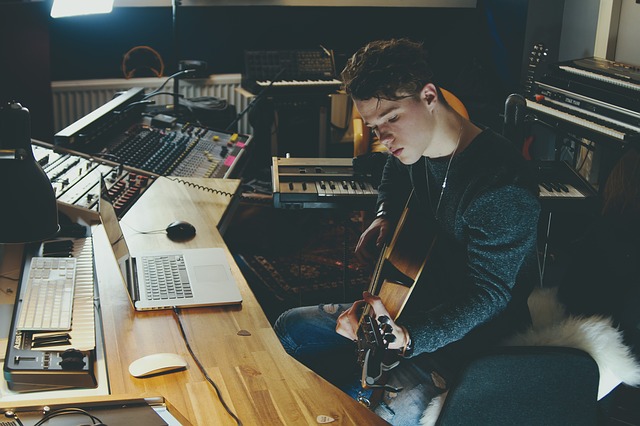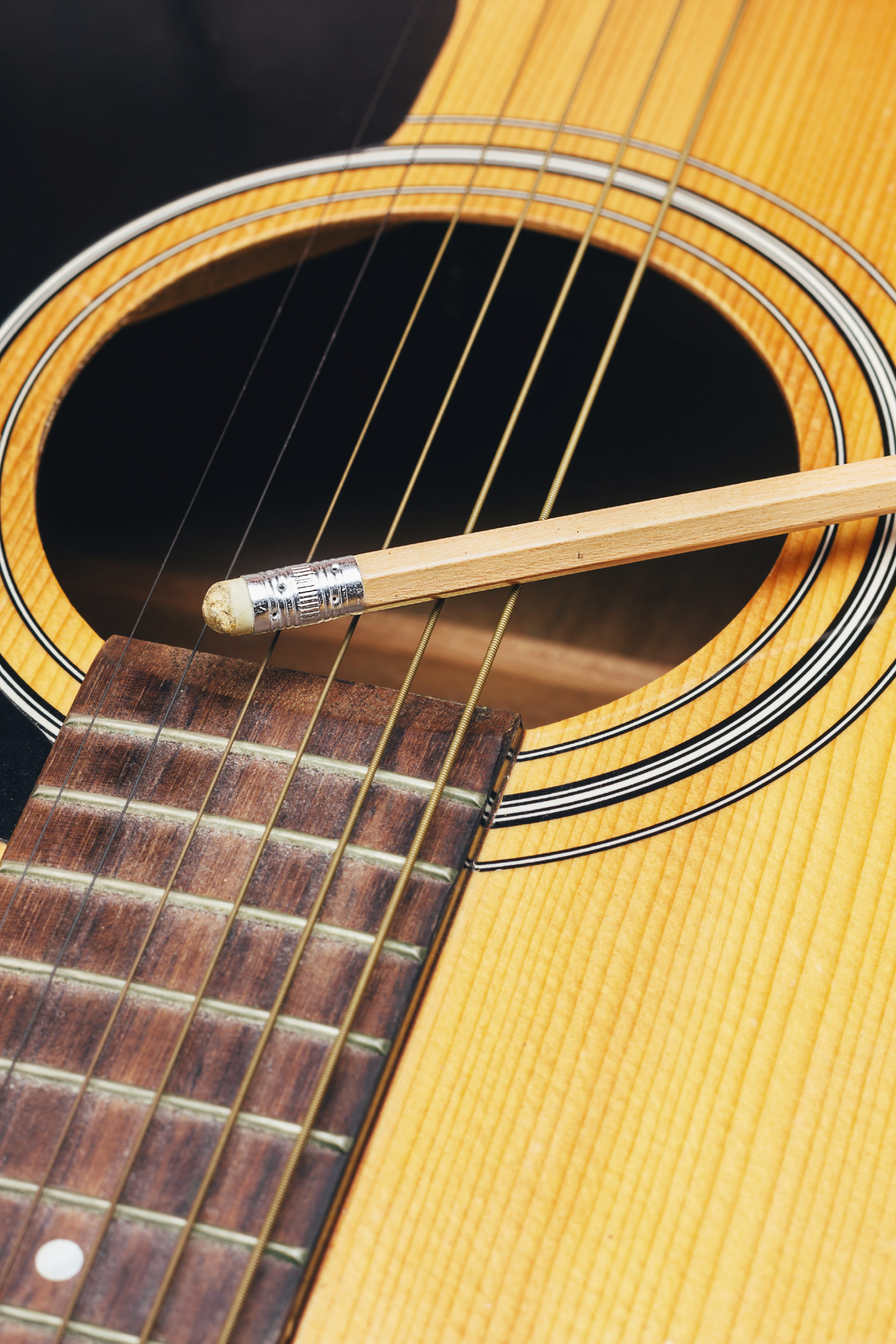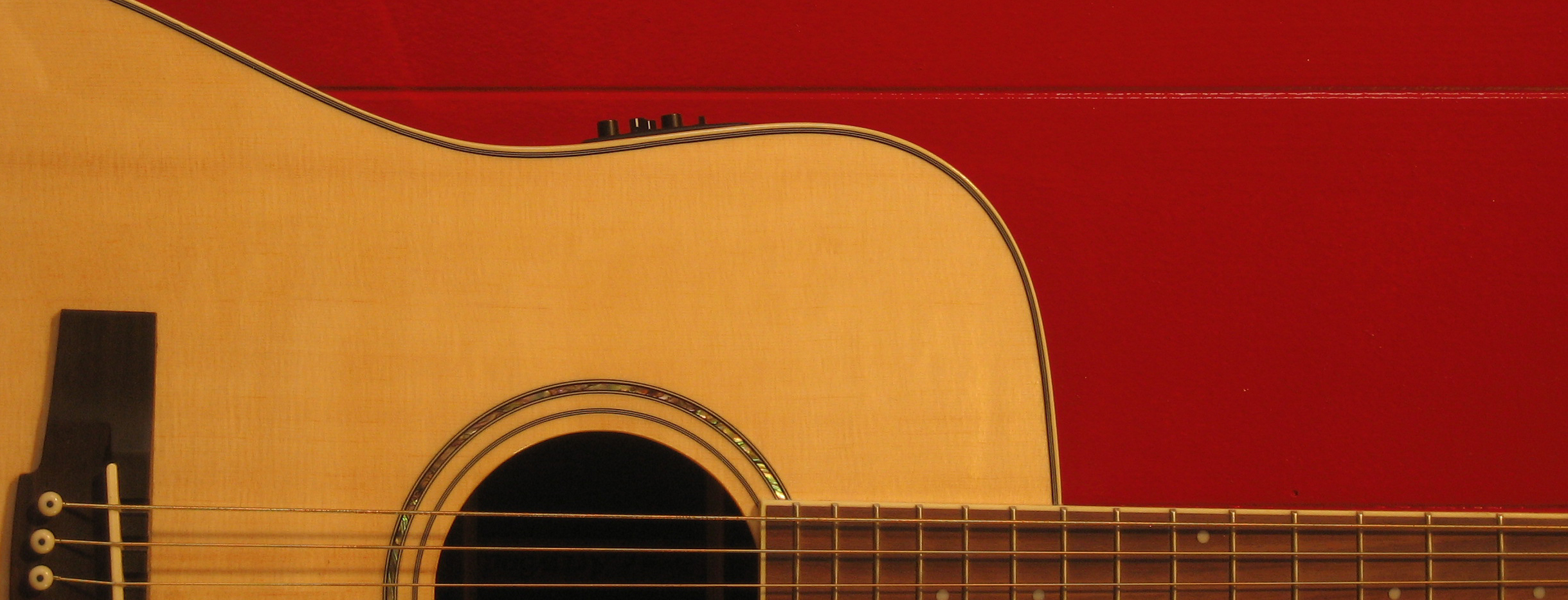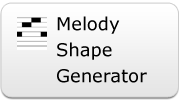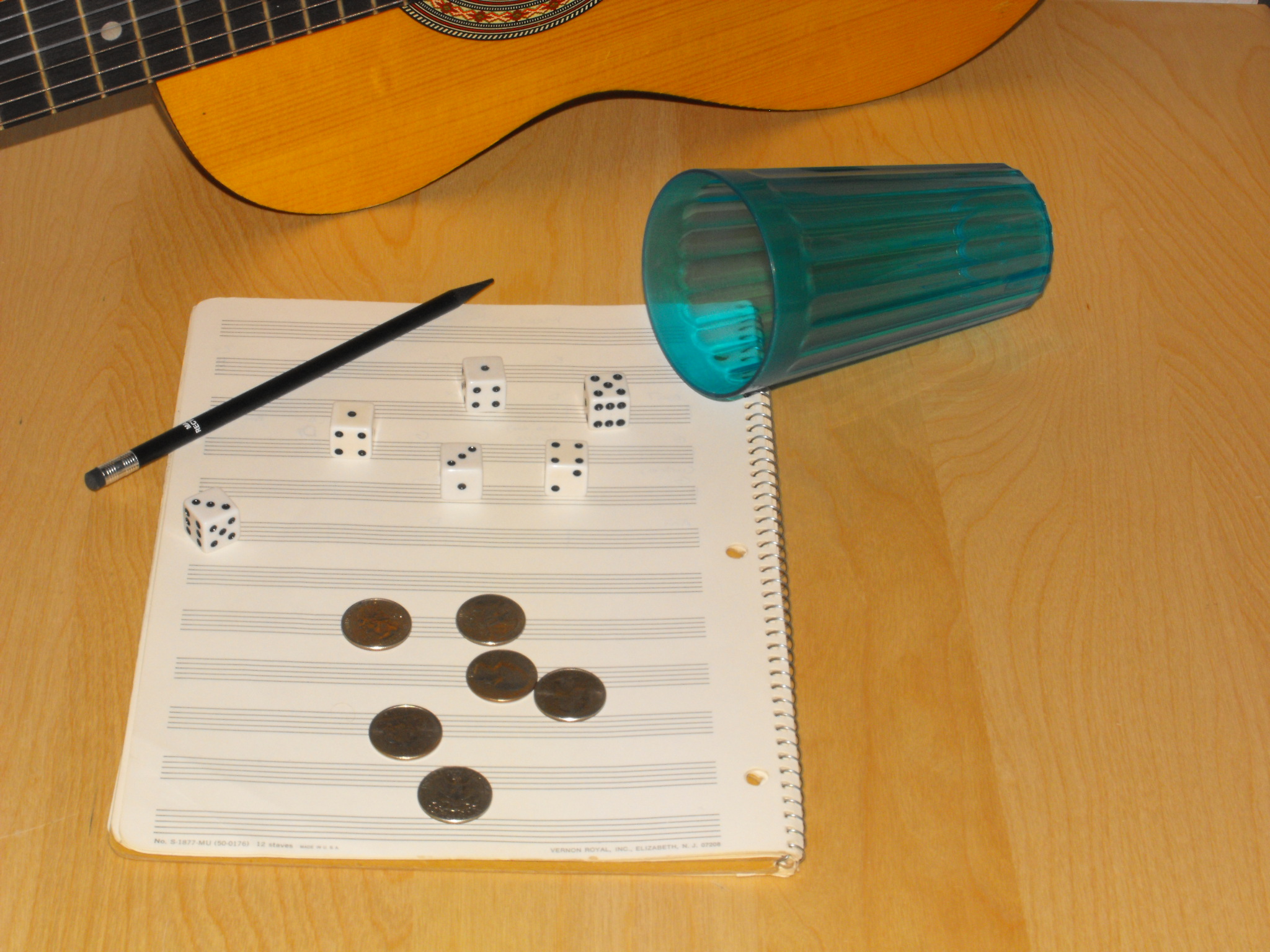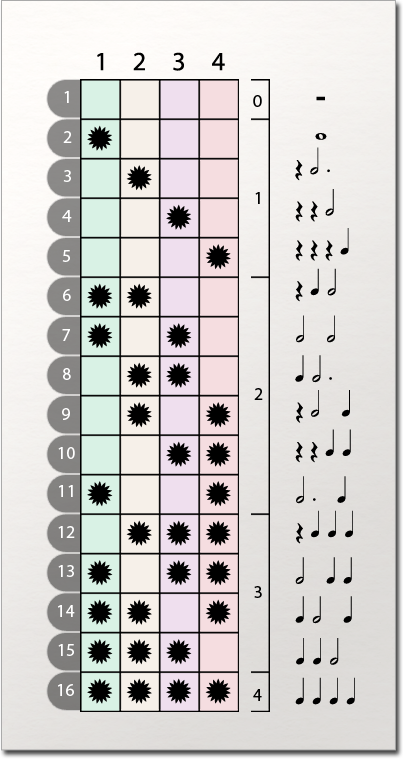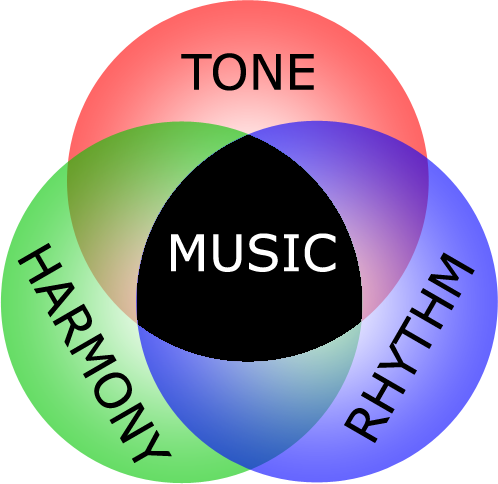How to Implement Dorian Mode in Lead Sections
It’s always a good idea to find a way to expand your soloing “vocabulary”. Whatever is your instrument, finding new ways to approach your lead sections is a must if you’re a lead player. You might prefer to write them first, or you might feel like improvising them completely. However, you need to have a better grasp on the matter and have more material to work from. While the choice of scales for lead sections is somewhat limited and usually relies on the minor pentatonic scale or natural minor and major scales, there are a few others worth mentioning. One of the examples is the Dorian mode, which comes as a very interesting collection of notes (so to speak) that can completely reinvent your music and add a new dimension to it.

